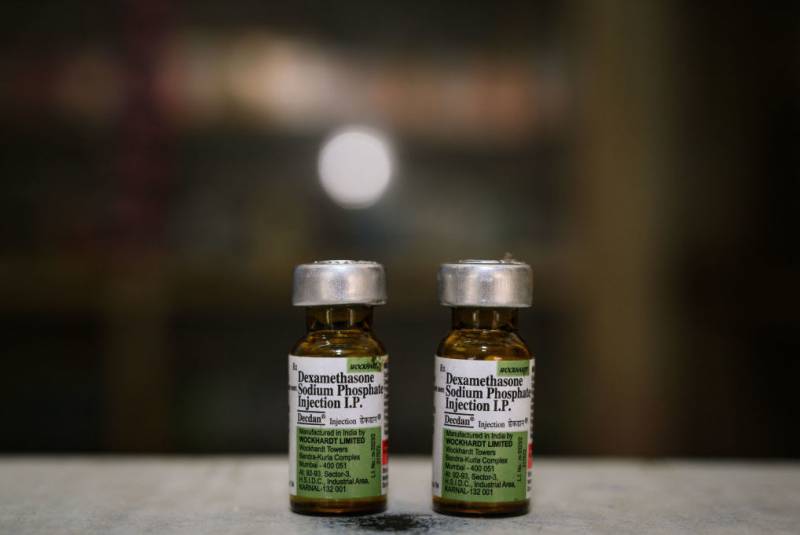Three new studies strongly support using inexpensive and widely available drugs to treat people who are seriously ill with COVID-19. The drugs are steroids, and the research published Wednesday confirms they are proving to be the most effective treatment found to date.
Initially, the use of these drugs in COVID-19 was controversial. Some doctors have long used steroids to treat conditions related to COVID-19, namely sepsis and acute respiratory distress syndrome.
Steroids help tamp down the immune system’s potentially deadly overreaction to an infection. But some doctors worried that steroids could also prevent the body from fighting off the coronavirus effectively.
“Giving steroids to COVID-19 could have been quite scary,” says Dr. Derek Angus, a critical care specialist at the University of Pittsburgh Medical Center.
In June, a major study from the U.K. found that the steroid dexamethasone was a big help. It reduced deaths significantly among the most serious cases of COVID-19 — notably people who needed ventilators or supplemental oxygen.

9(MDAxOTAwOTE4MDEyMTkxMDAzNjczZDljZA004))
